Early-stage trial results show promise for treating glioblastoma, an aggressive form of brain cancer, according to the New York Post.
The new treatment is designed to stop the growth of cancer cells, experts say.

Glioblastoma is a fast-growing and aggressive brain tumor that has no cure.
Glioblastoma is a fast-growing and aggressive brain tumor that has no cure and the average survival time is only about eight months.
But in early-stage testing, results showed that an olive oil drug worked wonders: Idroxioleic acid, or 2-OHOA, a new drug derived from oleic acid—the main fatty acid in olive oil—could halt the progression of glioblastoma, altering tumor cell membranes to prevent the cancer from growing or spreading.
The study, conducted by the Royal Marsden Hospital (UK) and Cancer Research UK, included 54 patients with recurrent glioblastoma and other advanced solid tumors.
These cancers have abnormal cancer cell membranes that make it easier for proteins in each cell to meet neighboring proteins and create signals that promote disease progression.
Participants were given 2-OHOA orally three times a day.

Doctors hope an 'olive oil medicine' could treat brain cancer
This drug works by making cancer cell membranes behave like normal cells.
The results were surprising, with up to 24% of patients responding well to the drug - inhibiting tumor growth, according to the New York Post.
Further trials are underway at the Royal Marsden Hospital in the hope it will one day become a widely available treatment.
The ongoing phase 3 trial will include more than 200 patients.
Dr Michele Afif, chief executive of the UK brain tumour charity, said: “Glioblastoma is notoriously difficult to treat, so any research that paves the way for better treatments is a major breakthrough.
Dr Juanita Lopez, consultant oncologist at The Royal Marsden Hospital, said: “Glioblastoma is extremely difficult to treat and patients with late-stage disease have a very poor outcome, typically surviving just one year after diagnosis. There are no effective new treatments for this group of patients, so drug development is urgently needed.
We look forward to the results from the ongoing trials and hope this treatment will eventually be widely available, added Juanita Lopez.
Source link


![[Photo] President Luong Cuong receives President of the Cuban National Assembly Esteban Lazo Hernandez](https://vphoto.vietnam.vn/thumb/1200x675/vietnam/resource/IMAGE/2025/9/30/4d38932911c24f6ea1936252bd5427fa)
![[Photo] General Secretary To Lam, Secretary of the Central Military Commission attends the 12th Party Congress of the Army](https://vphoto.vietnam.vn/thumb/1200x675/vietnam/resource/IMAGE/2025/9/30/9b63aaa37ddb472ead84e3870a8ae825)
![[Photo] Panorama of the cable-stayed bridge, the final bottleneck of the Ben Luc-Long Thanh expressway](https://vphoto.vietnam.vn/thumb/1200x675/vietnam/resource/IMAGE/2025/9/30/391fdf21025541d6b2f092e49a17243f)
![[Photo] The 1st Congress of Phu Tho Provincial Party Committee, term 2025-2030](https://vphoto.vietnam.vn/thumb/1200x675/vietnam/resource/IMAGE/2025/9/30/1507da06216649bba8a1ce6251816820)
![[Photo] Solemn opening of the 12th Military Party Congress for the 2025-2030 term](https://vphoto.vietnam.vn/thumb/1200x675/vietnam/resource/IMAGE/2025/9/30/2cd383b3130d41a1a4b5ace0d5eb989d)

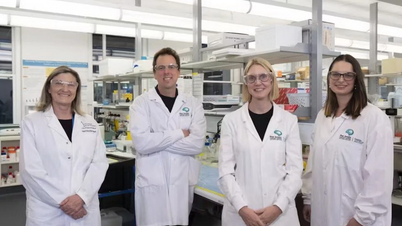

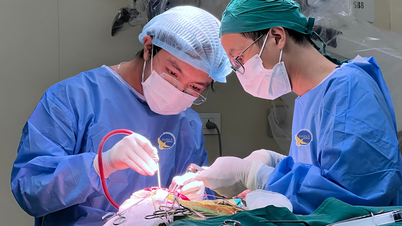




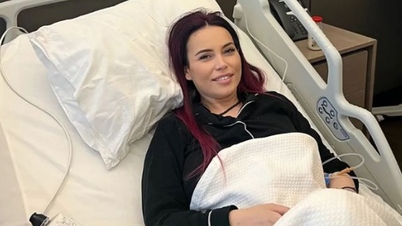



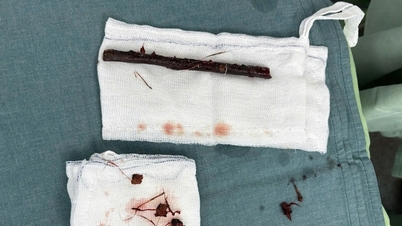

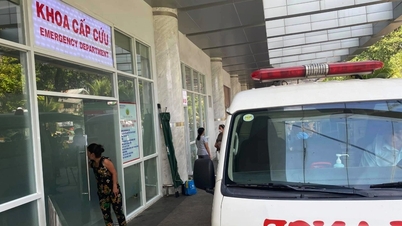

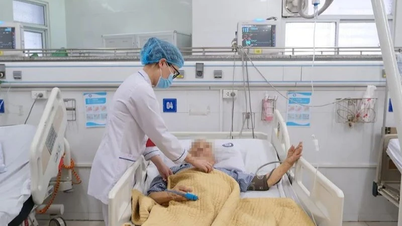

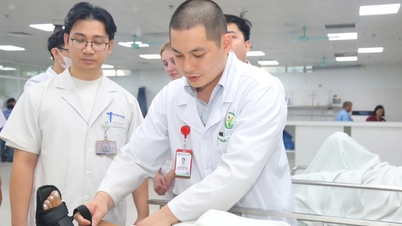





















































![[Infographic] Key tasks in the 2025-2030 term of Dong Nai province](https://vphoto.vietnam.vn/thumb/402x226/vietnam/resource/IMAGE/2025/9/30/59bd43f4437a483099313af036fef0db)
























Comment (0)